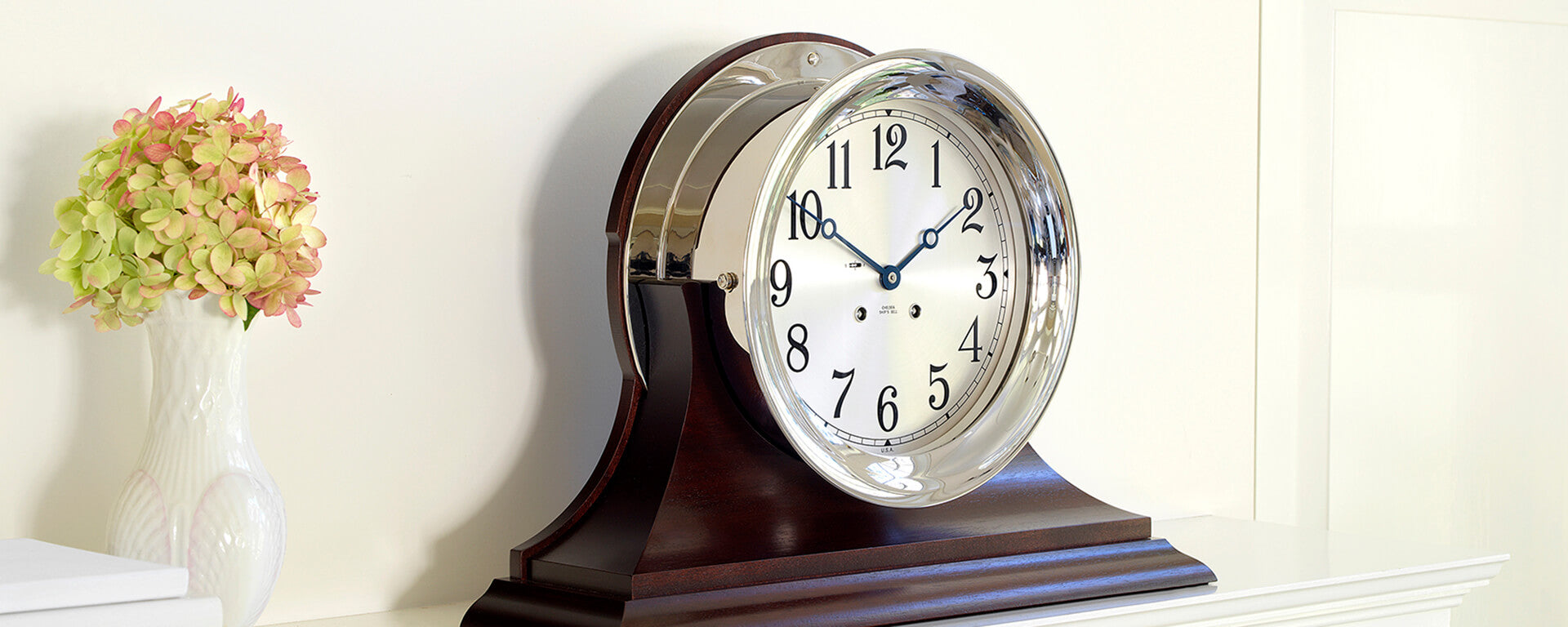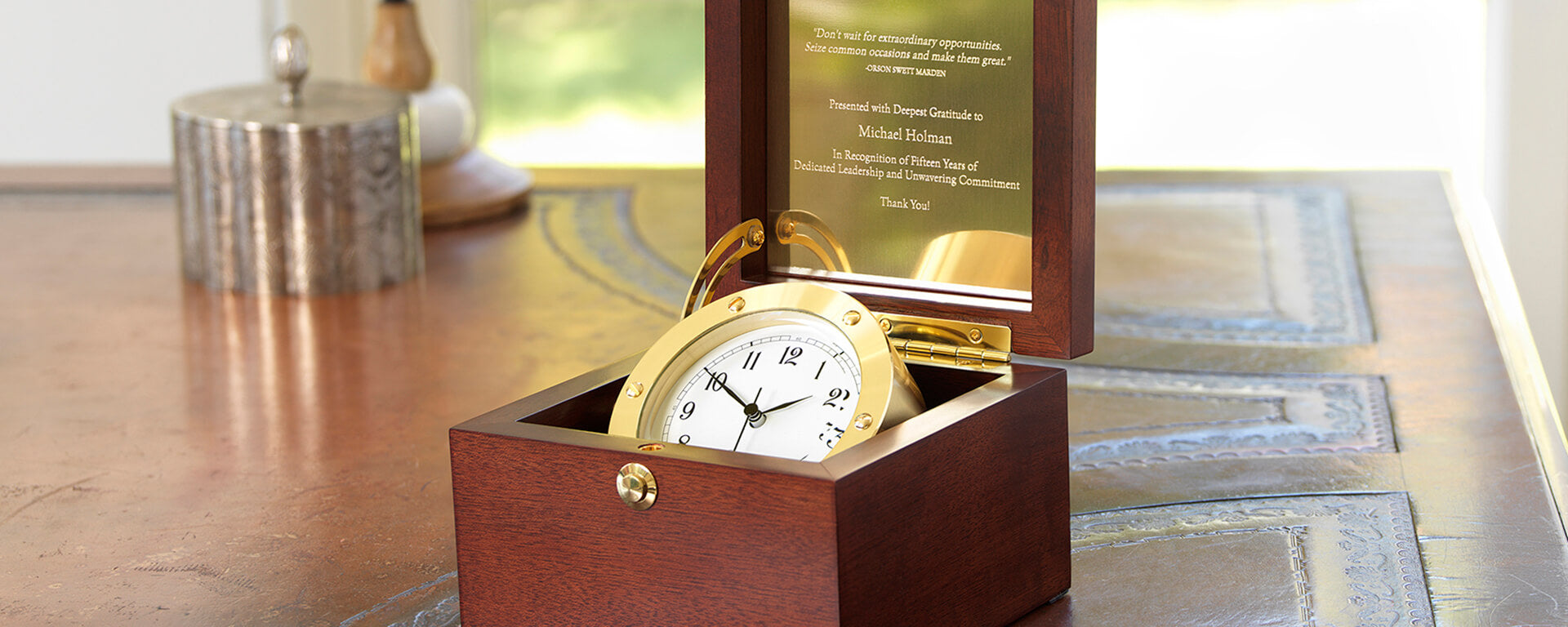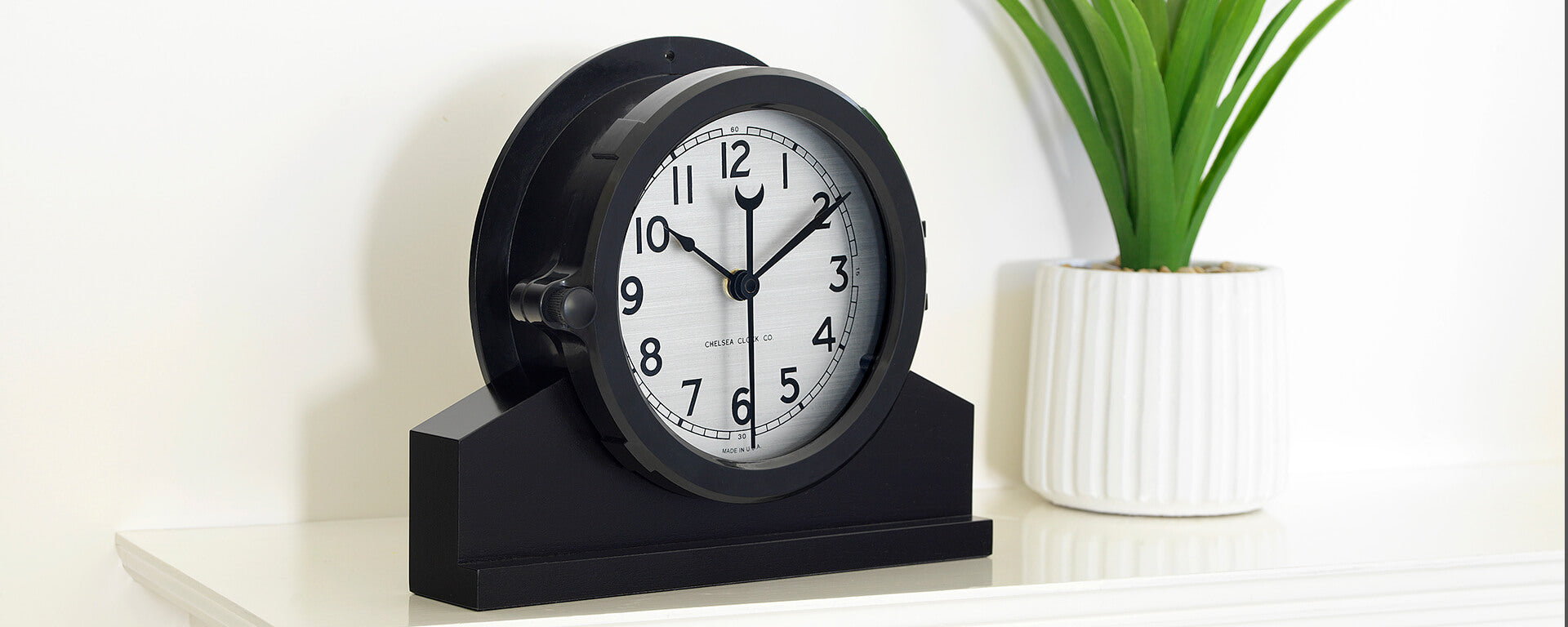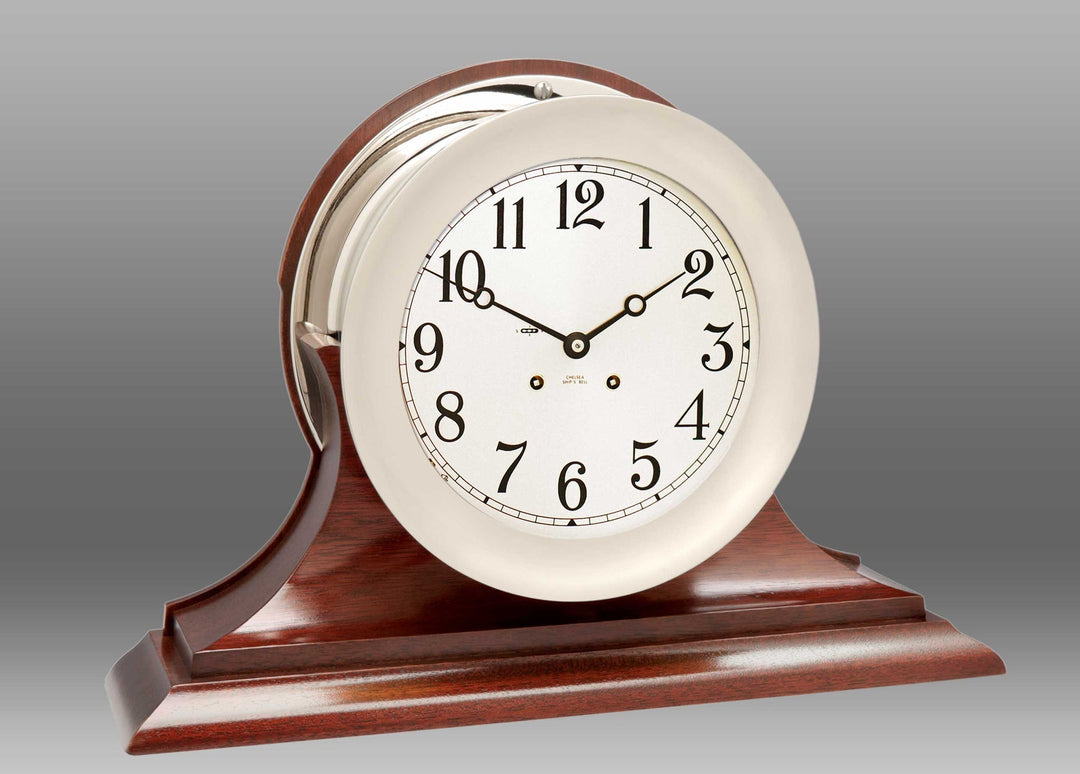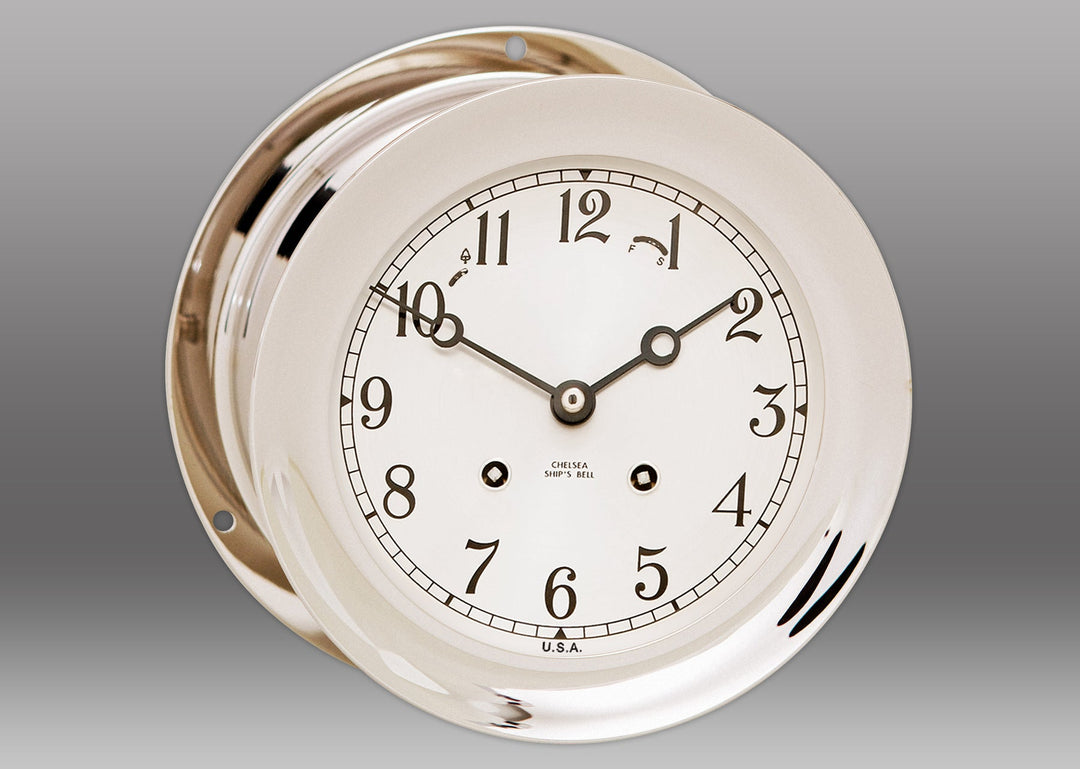How do Quartz Clocks Work?
Last month, we explained how mechanical clocks work. In this article, we're excited to explain how one of the latest popular time keeping mechanisms, quartz clocks, came about. While mechanical clock technology came nearly a thousand years before quartz clock technology, both have a place in modern timekeeping. If you've ever wondered, "How does a quartz clock work?" or "How does a quartz watch work?," read our guide to understand some of the differences between quartz and mechanical clocks, along with the benefits of quartz timepieces.
What Is a Quartz Clock?
Like mechanical clocks, quartz clocks and watches have gears inside them to push the hands around the clock dial, measuring seconds, minutes and hours with precision. However, these gears are regulated by a tiny quartz crystal rather than a balance wheel or swinging pendulum.
Quartz is one of the most common minerals on Earth. It's made from silicon dioxide, a chemical compound found in sand and many types of rock. Quartz is what we call piezoelectric, meaning when pressure is applied to it through physical stress or heat, it generates a small but measurable electrical current.
So what happens when you do the opposite and try to pass electricity through quartz? When electricity passes through quartz, it vibrates at a precise frequency. With a precise amount of electricity, you can produce an exact number of vibrations per second, which is critical for clock time keeping, as you'll find out below.
So, How Does a Quartz Clock or Quartz Watch Work?
Each quartz clock or watch contains a small piece of quartz, usually shaped like a musician's tuning fork. The battery inside a quartz clock, watch or timepiece sends electricity to the quartz crystal via an electronic circuit. The quartz crystal produces vibrations to echo around the timepiece and back into the internal forks, causing the fork's prongs to vibrate 32,768 times per second.
The circuit measures the number of vibrations, and generates one electronic pulse per every 32,768 vibrations. If a quartz clock is tuned correctly, the vibrations should equal out to one electronic pulse per second. These pulses power the gear wheels forward, in turn moving the clock's hands clockwise around the clock dial.
What Is the Major Difference Between Quartz Clocks and Mechanical Clocks?
Quartz movements are both accurate and durable, making them appealing to those looking for a quality timepiece that won't break the bank. You won't have to worry about winding them like with mechanical clocks, which is why they are a very popular option. However, there is one major difference between quartz and mechanical clocks, performance-wise.
Quartz clocks rely on electronic pulses to function, meaning that the connected timepiece hands aren't in constant motion. Mechanical clocks rely on constantly spinning gears, resulting in perpetually moving timepiece hands. Mechanical clocks produce a more fluid hand movement, while quartz clocks tend to produce a more sudden and fast-moving movement. If you are particular about clock movement, this is an important aspect to consider.
That being said, both quartz clocks and mechanical clocks are highly reliable, which is why both styles of clocks continue to be manufactured to this day. If you're looking for an elegant and affordable desk clock or mantel clock, we invite you to shop our finely crafted quartz collections. You can also ask our expert clockmakers any questions you have about quartz and mechanical clocks by contacting our team.



